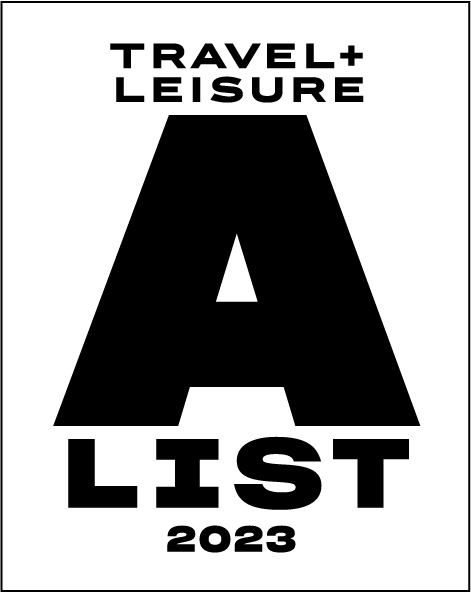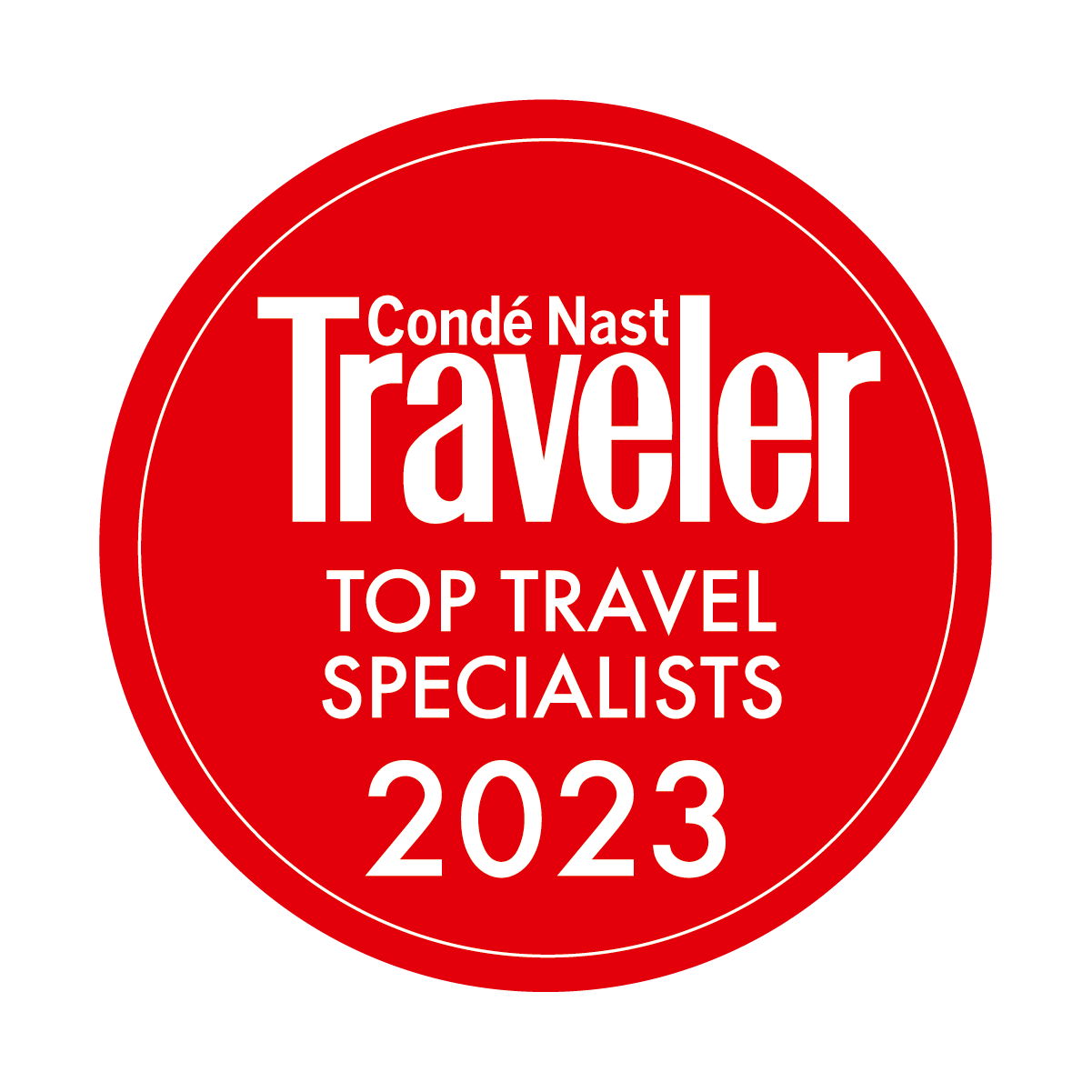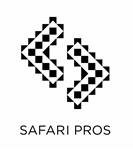Before you go to Zambia
Zambia is situated mainly on a vast plateau 3 000 metres above sea level, and boasts the Zambezi, Kafue and Luangwa rivers – as well as one of the largest waterfalls in the world, the Victoria Falls, which it shares with neighbouring Zimbabwe. Offering some of the wildest and most remote game areas, Zambia is a friendly and peaceful country. It has a remarkably low population in a deceptively massive country giving off an impression of an Africa undiscovered.
INTERESTING FACTS
Green in the Zambian flag represents agriculture. Red recalls the struggle for independence. Black stands for the Zambian people. Orange symbolises Zambia's mineral wealth, particularly the major deposits of copper. The eagle flying above the coloured stripes is intended to represent the people’s ability to rise above adversity.
GOVERNMENT
Former Northern Rhodesia was administered by the [British] South Africa Company from 1891 until it was taken over by the UK in 1923. In 1964, the land was granted independence and the new name “Zambia” was derived from the Zambezi River. For almost 30 years, Kenneth Kaunda’s socialist party governed the country. Levy Mwanawasa who presided from 2002 until his death in 2008 was credited with having initiated a campaign to rid the country of the corruption that had been introduced (from the highest levels) with Independence. Zambian politics take place in a framework of a presidential representative democratic republic in a multi-party system.
ECONOMY
Zambia's economy has experienced strong growth in recent years, with real GDP growth in the mid-2000s. Privatisation of government-owned copper mines in the 1990s relieved the government from covering mammoth losses generated by the industry and greatly improved the chances for copper mining to return to profitability. Agriculture is Zambia’s secondary industry. During the decades of Kaunda's (first president of Zambia) socialist policies, Zambia fell into poverty and it still remains a significant problem, despite a stronger economy.
CURRENCY
The currency in Zambia is the Kwacha (KR). Kwacha must be used for all domestic transactions, including departure taxes. Entry visas can still be purchased in USD at port of entry as it is not possible to obtain Kwacha outside Zambia. USD, Sterling, Euros and most major currencies can be exchanged at the airports. Cash can be withdrawn from ATMs at the airport, while most larger retail outlets and lodges/hotels accept major credit cards. We recommend that you advise your credit card company that you will be travelling to Zambia and will be using your credit card.
LANGUAGE
Over 72 African dialects are spoken in Zambia, however, the official language is English.
TIME
Zambia shares the same time as all southern Africa, except Namibia, which is Greenwich Mean Time – (GMT) + 2 hours.
CLIMATE
The weather in southern Africa is generally pleasant throughout the year – warm to hot days, and cool to warm nights. During our winter months however (May to September), it can get really cold at night and in the early morning, particularly when on safari, so we would like to suggest that you pack accordingly – very warm clothing including an anorak/winter jacket, a beanie, scarf and gloves are recommended. Please also refer to our packing suggestions list.
Summer: October to April – days are hot and generally sunny in the morning with possible afternoon thunderstorms. Day temperatures average 25°C – 35°C and night temperatures drop to 14°C – 20°C. Low-lying areas such as Lake Kariba, Livingstone, Luangwa Valley, Lower Zambezi National Park, Lake Tanganyika, Kafue National Park and the Zambezi Valley can also be considerably warmer all year round with temperatures of 35°C – 50°C. The rainy season is generally from November to March.
Winter: May to September – days are dry, sunny and cool to warm 20°C – 25°C, while evening temperatures drop sharply to 5°C – 10°C. Exceptionally cold spells can occur 0°C – 5°C.
Temperature (ºF) – These are the average lows and highs:
|
|
Jan |
Feb |
Mar |
Apr |
May |
Jun |
Jul |
Aug |
Sep |
Oct |
Nov |
Dec |
|
LVI |
66/86 |
66/86 |
64/86 |
59/86 |
50/82 |
44/78 |
43/78 |
49/83 |
58/91 |
66/91 |
66/91 |
66/87 |
|
LUA |
68/90 |
68/88 |
66/90 |
64/90 |
66/88 |
54/86 |
52/84 |
54/86 |
59/95 |
68/104 |
72/99 |
72/91 |
Average Rainfall (inches) – This varies according to the year and location:
|
|
Jan |
Feb |
Mar |
Apr |
May |
Jun |
Jul |
Aug |
Sep |
Oct |
Nov |
Dec |
|
LVI |
8.0 |
7.0 |
4.0 |
2.0 |
0.2 |
0.1 |
0.0 |
0.1 |
0.2 |
0.8 |
3.9 |
7.5 |
|
LUA |
7.7 |
11.3 |
5.5 |
3.6 |
0.0 |
0.0 |
0.0 |
0.0 |
0.0 |
1.9 |
4.3 |
4.3 |
LVI = Livingstone LUA = South Luangwa
PUBLIC HOLIDAYS
The dates of certain public holidays change from year to year – refer below. If a public holiday falls on a Sunday, then the Monday is also declared a public holiday:
1 January New Year’s Day
8 March Women’s Day
12 March Youth Day
Varies Good Friday
Varies Holy Saturday
Varies Easter Monday
1 May Labour Day
25 May Africa Freedom Day
3 July Heroes Day
4 July Unity Day
7 August Farmers Day
24 October Independence Day
25 December Christmas Day
USEFUL INFORMATION
VISAS
Visas are the responsibility of the traveller. Those nationalities that require visas to enter Zambia may have to apply for these in advance, however, some nationalities are able to obtain these on arrival at the port of entry. Costs also vary depending on the nationality of your passport so please contact your travel consultant for exact details relevant to you. Visit the following website for additional information: www.zambiaimmigration.gov.zm.
Please Note:
- If visas are required, please ensure you have the correct cash amounts (US Dollars) available as credit cards and Travellers Cheques are not accepted for visa payments. There is a possibility that payment may need to be made in Kwacha, the local currency. Kwacha cannot be obtained outside the country, however, there are ATMs and Bureaux de Change offices at major points of entry.
- You must advise the relevant official of the total number of days that you are spending in Zambia otherwise you may be charged to obtain an extension/additional visa later on.
- If you arrive in Zambia but continue your safari in another country (such as Botswana, Namibia or Zimbabwe) and then return to Zambia; or are staying in Livingstone, Zambia but doing some touring in Botswana or Zimbabwe, then a double-entry visa must be obtained on arrival from the immigration official.
- Multiple entry visas have to be obtained in advance from your nearest Zambian consulate. Be sure to apply as soon as possible to avoid disappointment.
MEDICATION
Certain over-the-counter medications contain ingredients that are on Zambia’s list of controlled substances. As a precaution we recommend that you do not take unnecessary non-prescription medication with you when travelling to Zambia. For prescription medication, please carry a medical practitioner’s prescription with you and ensure that the medication is in its original bottle. A list of these controlled substances is available from your travel consultant on request.
BANKS
There are Automated Teller Machines (ATM) outside Barclays, Standard Chartered, ZANACO and Stanbic banks in all the major towns which accept Visa cards only. You cannot change your US Dollars in a bank in Zambia, unless you are an account holder so foreign exchange needs to be obtained from Bureaux de Change offices.
SHOPPING
Zambia sells a wide range of locally made wooden furniture, batiks, candle holders, lamps shades, hand-dyed cloths and carvings. Please be advised that souvenirs may be exported without restriction but game trophies such as tooth, bone, horn, shell, claw, skin, hair, feather or other durable items are subject to export permits.
VALUE ADDED TAX (VAT)
All goods and services in Zambia are priced to include value added tax (VAT) of 16%.
DEPARTURE TAXES
All taxes must be paid in Kwacha (KR), the local currency. The below are guidelines only so amounts will fluctuate depending on the rate of exchange on the day of the transaction. These taxes must be paid direct at the airport when guests depart from Livingstone Airport, Lusaka Airport or Mfuwe Airport. Travellers Cheques and credit cards are not accepted for this purpose.
For passengers flying out of Zambia, an International Airport Departure Tax applies. This is included by most airlines in the cost of your air ticket. If there is an exception, then the equivalent in Kwacha, the local currency, must be paid by guests direct at the airport when departing on an international flight from Zambia (unless in transit). There is also a Domestic Departure Tax payable direct when departing internally on a flight out of Kenneth Kaunda International Airport (Lusaka), Harry Mwaanga Nkumbula International Airport (Livingstone) and Mfuwe airports.
In addition to Departure Taxes, Security and Airport Development Taxes are charged for at the airports.
Currently, and subject to change, these taxes are:
- International Departure Tax: US$ 25.00 per person
- International Security Tax: US$ 5.00 per person
- International Airport Infrastructure & Development Tax: US$ 10.00 per person
- Domestic Departure Tax: US$ 8.00 per person
- Domestic Security Tax: US$ 3.00 per person
- Domestic Airport Infrastructure & Development Tax: US$ 5.00 per person
EXCESS LUGGAGE
If you need to bring luggage in excess of your allowance, you may have the option of buying an extra seat. This "seat in plane" allows for a maximum of 70 kg (154 lb) excess weight, on the proviso that the bag/s conforms to the dimensions 40 x 40 x 80 cm (16 x 16 x 31 inches); soft bag, i.e. no wheels/frame/rigid structures; able to physically fit onto a light aircraft seat; able to be physically secured with one seatbelt; will not impact on the comfort of other guests on the flight. The additional cost of this varies depending on your flight schedule so please contact your agent for further details.
ELECTRICAL
The bush camps and lodges in Zambia are all powered by a combination of diesel generators and large batteries with invertors and chargers. While some camps can supply adaptors (3-prong round, 3-prong square, 2-prong round, 2-prong flat) it is advisable that you carry your own.
SIGHTSEEING
If you are visiting Livingstone, there are many optional tours available. Please contact your travel consultant for further details but we do recommend that these are pre-booked to avoid disappointment.
Please Note:
- The Victoria Falls/Zambezi River experiences low water levels between August and January (subject to rainfall). We, therefore, suggest including a tour to the Zimbabwe side of the Victoria Falls over this period.
- In order to participate in a white water rafting excursion, you will need to spend a minimum of 2 nights in Livingstone.


